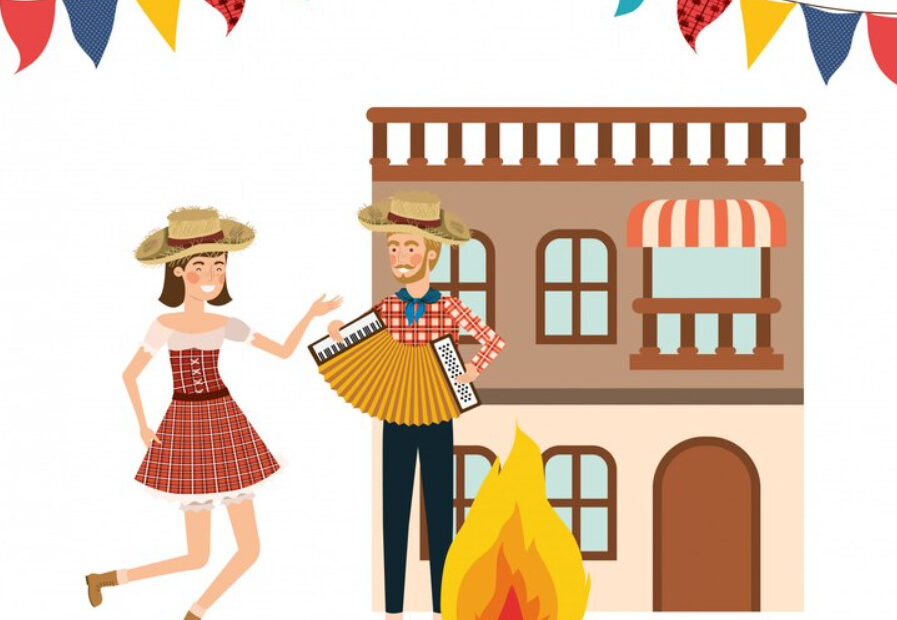In 2024, Denmark will offer its residents and visitors the delightful prospect of long weekends and holidays, providing ample opportunities for a well-deserved day off to explore the country’s rich cultural heritage, breathtaking natural landscapes, and vibrant urban centers. With an array of public holidays and strategically placed weekends, Denmark’s 2024 calendar promises extended breaks that can be savored to the fullest. Whether you’re interested in immersing yourself in the historical charm of Copenhagen, indulging in the serenity of Denmark’s picturesque countryside, or partaking in the nation’s festive traditions, the long weekends and holidays in Denmark during 2024 are set to be a memorable and rejuvenating experience for all.
Denmark Long Weekends.
1.New Year’s Day, Jan 1 (Monday)
2.Maundy Thursday, March 28 (Thursday)
3.Good Friday, March 29 (Friday)
4.Easter Monday, April 1 (Monday)
5.Ascension Day, April 9 (Tuesday)
6.Whit Monday, May 20 (Monday)
7.Christmas Eve, December 24 (Tuesday)
8.Christmas Day Holiday, December 26 (Thursday)
Long Weekends In Denmark In Details
New Year’s Day December 30 to Jan 1 (Saturday to Sunday)
called “Nytårsdag” in Denmark,
It’s a time for Danish people to gather with loved ones, make resolutions, and embrace the optimism of a new year ahead.
Maundy Thursday March 28 to March 31 (Thursday to Sunday)
known as “Skærtorsdag” in Denmark,
Danes attend church services, engage in the tradition of “gækkebrev,” and enjoy a festive dinner, reflecting on the Last Supper and the upcoming Easter celebrations.
Good Friday March 29 to March 31 (Friday to Sunday)
known as “Langfredag” in Denmark,
It commemorates the crucifixion of Jesus Christ and is a day for reflection and religious observance. Many businesses and schools are closed, and people attend church services, fast, or spend time with their families in observance of this significant day in Denmark’s Christian tradition.
Easter Monday March 30 to April 1 (Saturday to Monday)
known as “Anden påskedag” in Danish,
It’s a day for family gatherings, outdoor activities, and enjoying the springtime scenery. Many people use this day to visit museums or simply take leisurely walks. It’s a time of relaxation and appreciation of nature’s beauty, adding to the Easter festivities in Danish culture.
Ascension Day April 6 to April 9 (Saturday to Tuesday)
known as “Kristi Himmelfartsdag” in Danish,
is a day for Danes to spend time with their families, enjoying outdoor activities and attending church services. It serves as a reminder of Denmark’s Christian heritage and offers a moment of reflection and relaxation for its people.
Whit Monday May 18 to May 20 (Saturday to Monday)
known as “Pinsedag” in Denmark,
It marks the descent of the Holy Spirit upon the apostles and serves as a day for religious observance. It also offers Danes a long weekend in late spring, often spent enjoying outdoor activities and communal gatherings. Towns and cities may host special events and parades, making it a blend of religious reflection and festive celebration in Denmark.
Christmas Eve December 21 to December 24 (Saturday to Tuesday)
known as “Juleaften” in Denmark,
is a cherished holiday marked by a candlelit dinner of traditional dishes, gift exchanges, and carol singing around a beautifully decorated Christmas tree. Families come together to celebrate the birth of Jesus Christ and create a warm, cozy atmosphere with the soft glow of candles and twinkling lights. Santa Claus, known as “Julemanden”
Christmas Day Holiday December 26 to December 29 (Thursday to Sunday)
known as “Juledag” in Denmark,
Families gather for a festive meal, featuring dishes like roast pork and duck. They decorate their homes with paper hearts and ornaments, and on Christmas Eve, they dance around the tree, sing carols, and await the arrival of Julemanden, Denmark’s Santa Claus.
